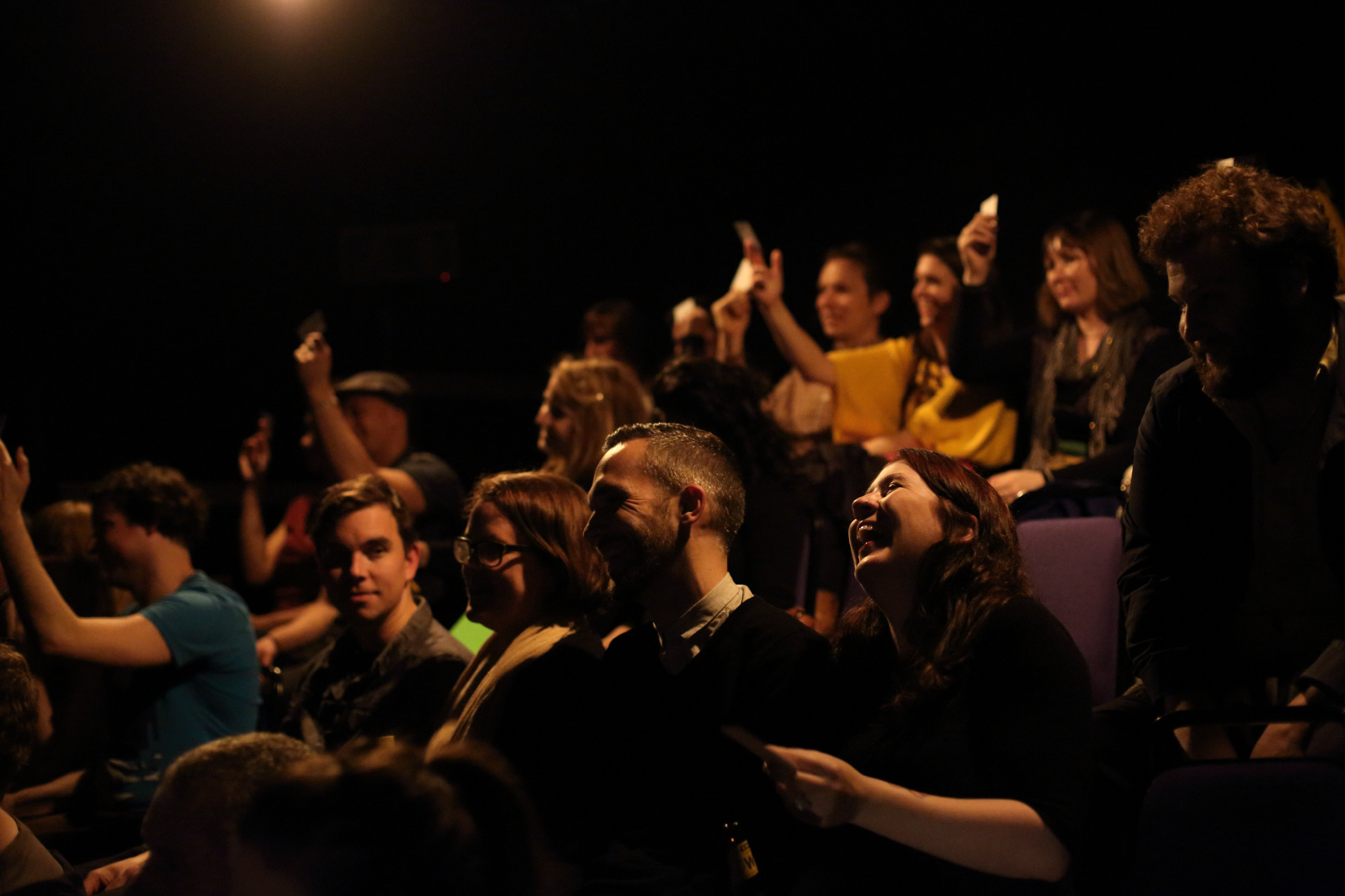This week at the Theatre Royal Brighton, Gore Vidal’s scathing critique of US politics resurfaces once more, with Simon Evans’ adaption of his 1960 play, The Best Man.
Chronicling the events of a fictitious political party convention in 1960, the play interrogates the ethics of modern democracy, sending its characters in circles around concepts of honesty, performativity and populism. Secretary William Russell (Martin Shaw) is a party old-timer with a clear sense of moral judgement and a favourer of caution over rashness. His rival, Senator Joseph Cantwell (Jeff Fahey), is a self-made man and party newcomer, brimming with ruthless ambition and classic all-American charisma. The two manoeuvre the sticky back-room politics of hedging for delegates in the mist of the party convention.
The play takes place entirely over the course of a few days in two suites of a swanky Philadelphia hotel, giving designers the opportunity to build a fantastically detailed set, complete with luxurious sofas, wardrobes, an increasingly used drinks cabinet, a bed, three doors and a very effective translucent screen, which separates the mainstage bravado from the more intimate, quieter upstage goings-on – usually occupied by the candidates’ wives. The set changed subtly from the suite of one politician to the next, with the flipping of cushions and placards from one design to another, all amongst a flurry of news bulletin interludes.
Performances were strong across the board, with only the occasional fluctuating American accent. Glynis Barber and Honeysuckle Weeks, who portrayed Russell’s and Cantwell’s wives respectively, performed with great energy and ferocity, but also nuance, turning what could easily be portrayed as stereotypes into equally endearing, complex characters with superb chemistry. Gemma Jones’ portrayal of Party bigwig Mrs Gamadge was delightfully entertaining, with her better-than-you demeanour and back-handed compliments: “oh this look is perfect! They will love your naturally grey hair!”.
The stand-out performance was undoubtedly that of Jack Shepherd who portrays respected Ex-President Hockstader, of whom Russell and Cantwell are jockeying for endorsement. Shepherd marries energy and fragility in a compelling portrayal of a man whose outrageous views are made palatable only by his charming eccentricity.
Although a whole-heartedly triumphant portrayal, I couldn’t help but feel Evans had missed a trick considering the play’s relationship to contemporary politics. Although publicity alluded to similarities with the current political climate in the US, any parallels to last year’s presidential campaign or Trump’s administration were left purely to the audience’s imagination. Then again, perhaps simply the decision to unearth such a historically-grounded and politically engaged play is a statement enough in itself.
Nonetheless, some of the performance’s content was undoubtedly dated, and as such quite difficult for me personally to engage with. Controversy over a character’s support for birth control, the description of someone with mental health issues as “psychopathic” and a great deal of poking fun at a character’s rumoured gay exploits in the army marked the play a product of its times. Of course, this can still be of immense value from an historical perspective but when sympathetic characters are cracking jokes about wanting to “slash my wrists”, my ability to engage diminishes considerably.
This was only really such an issue because much of the performance was so very compelling. The critiques of Glynis Barber’s character, Alice Russell, were gloriously refreshing amongst the hypocrisy and double-speak of many of the others. Exasperated, she laments to her husband that everybody in politics is so “interchangeably inoffensive”. Another smirk-inducing splash of cynicism comes from Ex-President Hockstadder who after furiously condemning Senator Cantwell remarks “just because he’s a bastard doesn’t mean he wouldn’t make a good candidate”.
Without a doubt, The Best Man is funny, thought-provoking and ultimately quite relentlessly miserable in its assessment of modern politics, and its revival shows how relevant so much of that remains. Perhaps those places where jokes do fall flat or references slip by unperturbed, show also that the world is changing, and that cynicism exists to critique but not necessarily to submit to stagnation.
Featured Image: Theatre Royal Brighton Press Release




I hate to break it to you, but the topics you call dated are still being argued in American politics. Sadly, it’s as timely, now, as when the play was first staged.
Hi Monica, thank you for your response! I just wanted to verify that I’m not calling the topics addressed dated, rather the way they are handled in the play. I completely agree with you that many of the issues the play covers remain very relevant to American politics today. I do however think social attitudes have progressed since the sixties (especially in England and amongst the younger generations) and as a result I found that I struggled accessing some of the play’s content the way it was intended to be accessed. For example, some older members of the audience were able to find jokes about being gay or self-harming funny, but I personally couldn’t. Best, Georgia.
Hi Georgia,
Thank you for replying. That makes sense.